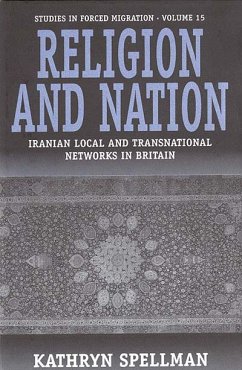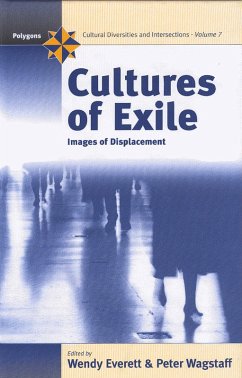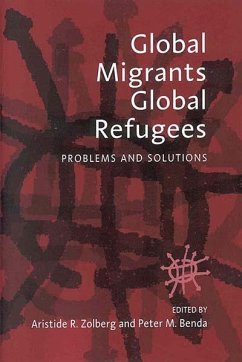
Immigrants and Bureaucrats (eBook, PDF)
Ethiopians in an Israeli Absorption Center

PAYBACK Punkte
9 °P sammeln!
Since Israel is primarily a country of immigrants, the state takes on the responsibility for the settlement and integration of each new group. It therefore sees its role as benevolent and indispensable to the welfare of the immigrants. This be true to some extent. However, the overwhelming effect, the author argues, is exactly the opposite: in her study of Ethiopian immigrants she reaches the conclusion that the absorption centers, which are central to Israeli immigration policy, present an extreme case of bureaucratic control over immigrants; they hinder rather than facilitate integration th...
Since Israel is primarily a country of immigrants, the state takes on the responsibility for the settlement and integration of each new group. It therefore sees its role as benevolent and indispensable to the welfare of the immigrants. This be true to some extent. However, the overwhelming effect, the author argues, is exactly the opposite: in her study of Ethiopian immigrants she reaches the conclusion that the absorption centers, which are central to Israeli immigration policy, present an extreme case of bureaucratic control over immigrants; they hinder rather than facilitate integration through the creation of power-dependence relations, with immigrants - whose lives and social structures are constantly interfered with by the officials - being cast as weak, defenseless and needy. They are reduced to helpless charges of these officials whose main goals are to expand and perpetuate their respective organizations and to consolidate their own positions within them. Thus the absorption centers, rather than furthering integration, create dependence on state control and social segregation.
Dieser Download kann aus rechtlichen Gründen nur mit Rechnungsadresse in A, D ausgeliefert werden.













